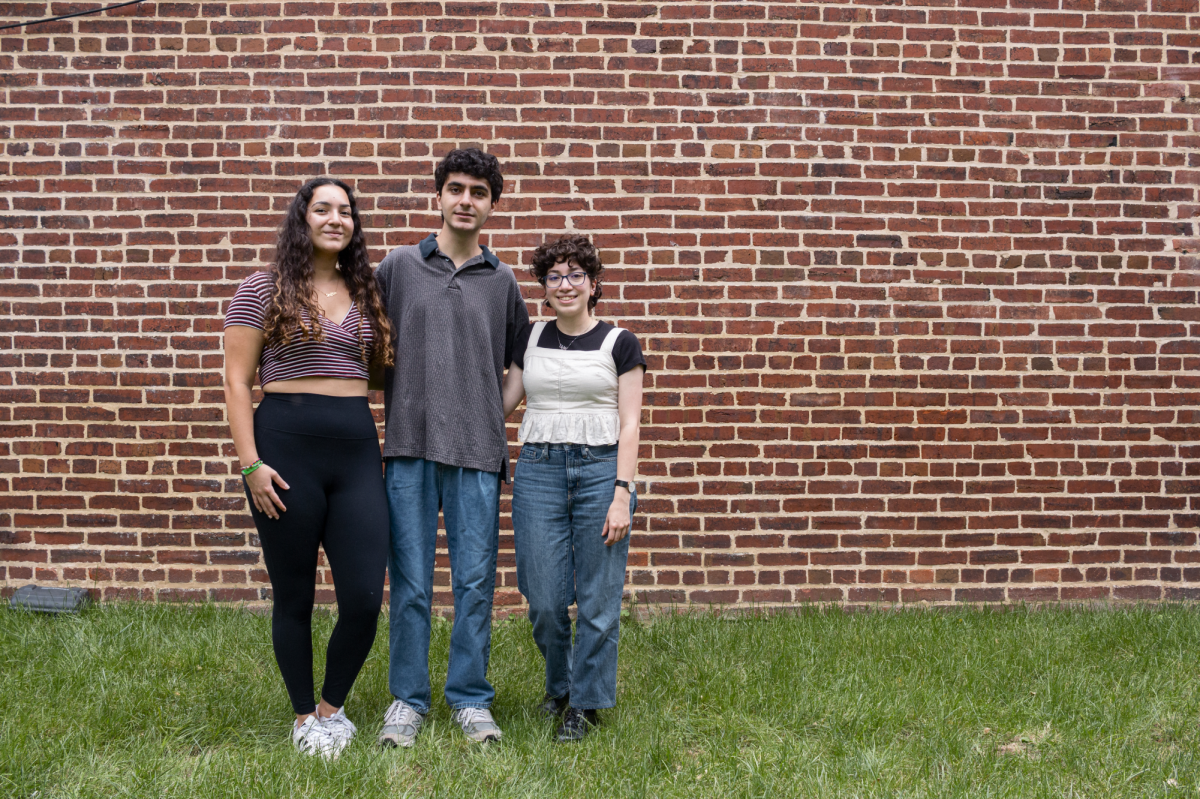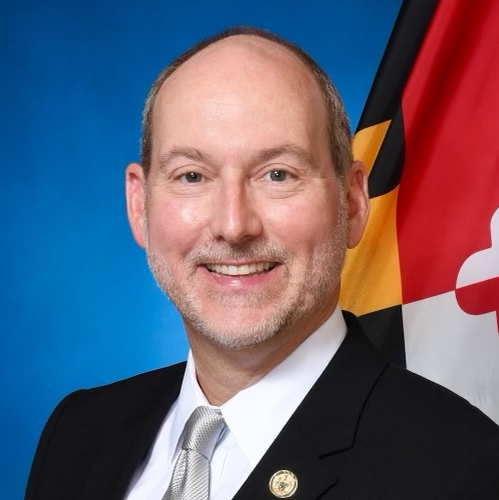Amid the ongoing military conflict at the border of Armenia and Azerbaijan, the Armenian Students Association is leading protests, fundraisers and providing a safe haven for GW’s Armenian students.
Nareg Panossian, the president of the ASA and a junior majoring in public health, said the association aims to foster collaboration, preserve Armenian culture and take a proactive stance on the conflict in the Nagorno-Karabakh region of West Asia. Following the dissolution of the Nagorno-Karabakh Republic, a region largely composed of ethnic Armenians claimed by Azerbaijan, the bulk of the population has fled to Armenia fearing persecution from Azerbaijani authorities.
“Our primary goal as an organization is to first and foremost create a community space for Armenian students on campus,” Panossian said.
Panossian said creating a safe environment for Armenian students on campus has allowed them to share their heritage and find strength amid the devastating conflict between Armenia and Azerbaijan, fostering a sense of belonging and resilience within a culturally diverse University setting.
This vision is the bedrock of the association’s mission, driving its initiatives to create a supportive environment for Armenian students. Their efforts include organizing events, like World Food Nights, to working with the GW Armenian Law Students Association on celebration of Armenian history at the George Washington University Museum and The Textile Museum.
“We have lots of social events, and then we’ve also had events to help preserve our language,” said Panossian. “So we do language hours, where we’ll either let people practice their Armenian or if they don’t know any then you know, we teach basic stuff. It’s very colloquial, personal stuff like that.”
In preserving their language and making cultural connections, Panossian stated that the essence of their culture comes to life in personal, everyday interactions. The warm greetings he received from Armenians on and off campus, heartfelt conversations with Armenian restaurant proprietors who acknowledged his heritage and spontaneous interactions in public spaces exemplified Armenian culture’s deeply ingrained warmth and hospitality in the District.
“I am always greeted very warmly by the Armenian community there,” Panossian said. “That’s true in D.C. and true to every country I’ve traveled to.”
But due to the unresolved nature of the conflict, Armenian culture is endangered according to Panossian.
“A lot of Armenians who are living in Artsakh have been displaced because of a military offense that started in the past few days against them,” he said.
Panossian said the lack of robust involvement from the United States and European Union in addressing the challenges faced by Armenians, including the ongoing conflict, has been deeply disheartening.
Despite that, he said high-level visits from U.S. representatives have given him hope that the conflict will be taken seriously by Americans. Despite feelings of abandonment and disillusionment among Armenians, recent visits by U.S. representatives like Nancy Pelosi to Armenia and supportive statements from countries like France indicate a slow but promising shift in international support, though he thinks the pace of action still lags behind the urgency of the situation.
Panossian stated that the association’s goals involve organizing protests, fundraisers, and educational initiatives to raise awareness about the ongoing crisis in Nagorno-Karabakh and to foster unity and resilience within the Armenian community. In the past, the group has protested outside of the White House and hosted demonstrations to which some members of the association continue to do to this day.
“We’ve definitely been trying to make sure that we can be in [the] community during it all,” Panossian said. “You know, we do reach out.”
He encourages others to actively seek valuable resources like online forums, educational forums and informative articles in addition to attending protests and demonstrations, stressing the importance of learning and nurturing cultural connections.
Panossian said students should explore the resources and information available through the ASA’s Linktree. The group offers online advocacy forums, donation links and information regarding upcoming events, such as future protests in the area.
This approach mirrors the methods of organizations like the Armenian Assembly, the largest nationwide organization promoting public understanding and awareness of Armenian issues since 1972. Together, ASA and the Armenian Assembly work to promote a stronger sense of unity and purpose within the Armenian community.
He also stressed the urgency of reaching out to members of Congress to advocate for Armenians.
“We have seen a lot of those congressmen change their mind,” Panossian said. “It’s not useless, they do listen to their constituents if you write to them.”
Panossian said now is the time to actively engage in shaping policy, raise awareness for Armenian culture and promote a sense of solidarity among Armenians and their supporters.
“We appreciate anyone who’s willing to learn about the issues and get involved to help people who are being displaced,” he said. “Everyone should know that when you put in the effort to help, it doesn’t go unnoticed.”
Aline Keledjian, the vice president of the ASA and a senior studying international affairs and history, said she tries to use the group as a way to bring together Armenian students from across D.C. She said her own involvement has given her a chance to meet more people with Armenian backgrounds.
“I am originally from Massachusetts, but I grew up in a small town,” she said. “So we were always the only Armenian family in my church. And so it’s just nice being around other Armenians.”
Keledjian said she thinks the organization serves an important purpose as a tool for educating people about events happening in Armenia. She said people might not always be aware of everything happening nearly 6,000 miles away, but that doesn’t diminish its importance.
“I know that there’s so many things happening in the world and it’s overwhelming to have to pay attention to everything, but it is important to just like have some sort of basic awareness because this is such a horrific thing that’s happening,” she said. “You may or may not have Armenian friends but it’s important to just know.”



